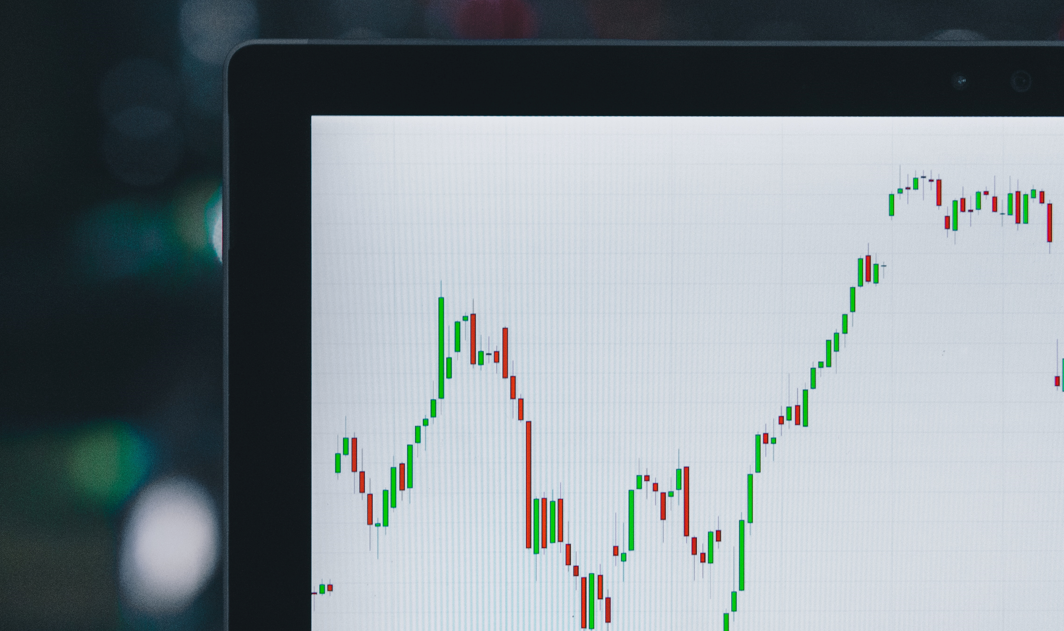More and more Canadians want their investments to line up with their values
By Olev Edur
In this age of heightened environmental concerns and growing awareness of social justice issues, more and more investors—including retirees—are opting for assets that address these problems. The practice is known as responsible investing (RI) or socially responsible investing (SRI).
RI/SRI has been burgeoning in Canada as well as globally in recent years. The 2020 Canadian RI Trends Report from the Responsible Investment Association (RIA) showed that assets in Canada being managed using one or more RI strategies increased from $2.1 trillion as of December 31, 2017, to $3.2 trillion as of December 31, 2019—a 48 per cent increase over a two-year period.
“At the end of 2019, RI represented 62 per cent of all professionally managed assets in Canada,” says Mary Robinson, RIA’s director of research and membership. “And it’s not merely a Canadian phenomenon. The Global Sustainable Investment Review 2020 reported that global RI had reached US$35.3 trillion in five major markets and represented 35.9 per cent of total assets under management in those markets.”
For those concerned about the fate of our planet and the future of humanity, this growth is heartening. But what does responsible investing actually mean? What do RI/SRI investments provide by way of adherence to environmental, social, and governance (ESG) practices? And how do investors make the most responsible choices? The answers to these questions remain somewhat unclear.
In general, RI/SRI means taking ESG factors into account when selecting and managing investments. So, for example, ESG considerations could preclude investment in industries considered undesirable, such as those dealing in fossil fuels, tobacco, or armaments, and focus instead on industries such as health care, renewable energy, and environmental remediation.
RI/SRI labels can also be applied to individual companies with a proven record on ESG (as assessed by an independent third party) based on their performance with respect to factors such as pollution, human rights, labour practices, and sustainable practices. Measures can apply to exchange-traded funds (ETFs) and mutual funds as well—for example, the global analytical giant Statista now provides rankings of Canadian equity investment funds according to established sustainability criteria.
Greenwashing
The problem, however, is that while rankings may be useful in comparing the relative RI performance of different companies or funds, there are no hard and fast standards for measuring RI performance in absolute terms. As a result, for example, a company might commit only a tiny fraction of its revenues towards responsible practices and still claim a mantle of respectability.
In the same vein, a company may make unrealistic claims about its products that may be very difficult to verify, short of a costly in-depth audit. The process is known as greenwashing— akin to whitewashing—and it occurs when a company gives a false impression or provides misleading information about how environmentally friendly its wares are. For example, a company might claim that its products are made from recycled materials or are more energy-efficient; these claims may contain some truth, but companies engaged in greenwashing typically exaggerate.
“Concerns about greenwashing are widespread,” Robinson says. “In our recent Investor Opinion Survey, 78 per cent of respondents said they are very or somewhat concerned about greenwashing. Similarly, 81 per cent of respondents in our Advisor Opinion Survey expressed concern about greenwashing. It’s a concern for regulators, too; the growth in ESG investing and concerns about the increased potential for greenwashing have prompted securities regulators to take a closer look at ESG investing.”
Another problem is that RI can encompass many different practices, some of them totally unrelated, making meaningful comparisons difficult. One fund might invest a significant percentage of its assets in sustainable resource companies, for example, while another fund may choose to do its part by avoiding undesirable industries. Which is the more responsible approach? By what measure can you say one is better than the other?
“Unfortunately, the discussion around greenwashing is hampered by different definitions or ideas about what responsible investing means,” Robinson says. “For some investors, an RI fund should exclude oil and gas companies. For others, an RI fund should engage with oil and gas companies to encourage them to develop plans to align their business with net zero emissions by 2050. Both of these approaches can be considered RI strategies, even though they are clearly different. So it’s vital that investors be clear about what they want to achieve with their investments, including with respect to their ESG preferences and their personal values. And then, digging into a fund’s investment objectives and strategies and ultimately holdings is an important step.
“There are actually many diverse practices,” Robinson adds. “In fact, RIA literature refers to seven different RI strategies, and they are often used in combination with one another. It’s also an area in which terminology isn’t standardized. ESG/RI standards are important to provide consistent, comparable, and transparent information to Canadian investors, helping them to better understand the ESG/RI practices of the investments they’re considering.”
Better Education Required
These measurement problems, stemming from a lack of standards, are as troubling for advisors in the investment industry as they are for consumers who want to invest responsibly. In the 2021 RIA Advisor Opinion Survey, based on a poll of 539 financial advisors in Canada, 85 per cent of respondents said that they are very or somewhat comfortable starting a conversation about responsible investment.
The survey results also show, however, that advisors’ knowledge of the subject is low: for example, a mere six per cent of respondents correctly identified three out of 10 true statements about RI. Moreover, some advisors appear to overestimate their knowledge, as nearly one-fifth of advisors who claimed to have excellent or very good knowledge of RI failed to correctly identify any of the three true statements about RI in the same assessment.
“We’re encouraged to find so many advisors willing to talk about RI with their clients,” Robinson said at the time the advisor survey results were released. “But this research also shows that education is critical. Many leading advisors have taken the leap and undergone formal training in RI, and we hope this research encourages many more to do so.”
Standards on the Way
“Fortunately, we’re seeing advances in RI fund disclosure and frameworks,” Robinson says, adding: “Advisors who are educated about RI are well positioned to assist their clients with choosing suitable investments and avoiding greenwashing in their portfolios. More and more investment firms are improving the quality of RI guidance being provided to their advisors.”
Meanwhile, Robinson cites the following recent regulatory initiatives that will advance the cause:
• In January 2022, the Canadian Securities Administrators published guidance for investment funds on disclosure practices related to ESG considerations when funds use ESG strategies, market themselves ESG-focused, or have investment objectives that refer to ESG factors.
• In November 2021, the Chartered Financial Analyst (CFA) Institute published Global ESG Disclosure Standards for Investment Products to provide greater transparency to investors by enabling asset managers to clearly communicate the ESG-related features of their investment products.
• In October 2020, the Canadian Investment Funds Standards Committee (CIFSC) proposed a framework to identify Canadian investment funds that practise responsible investing. CIFSC is expected to release a second version of the RI Fund Identification Framework for further comment later this year.
Due Diligence
What does all of this mean for investors? For starters, given the current state of affairs, if you want to invest in a socially responsible way, you’ll need to ask questions. “Investors working with a financial advisor need to learn if their advisors are knowledgeable about responsible investing,” Robinson says. “Be prepared to initiate a conversation about RI if your advisor doesn’t ask you first. Share what matters most to you about ESG issues. Ask what investment options are available that could best match your ESG preferences or your personal values.
“There’s an increasing selection of RI mutual funds and ETFs available for retail investors to meet different ESG objectives,” Robinson adds. “But don’t just rely on the name of a fund or its marketing materials—due diligence has to go deeper to avoid greenwashing. Look at the fund’s holdings and ask questions about those that don’t make sense to you.”
The other imperative is to make use of the growing number of tools available for identifying true RI practices. “There are research firms, for example, that now offer ESG fund ratings for free,” Robinson says. “Find out if your advisor uses these fund ratings, and if so how— each firm’s methodology for rating funds is different. And finally, the RIA has an online tool to help investors find RI investment products, services, and advice: The RI Marketplace (riacanada.ca/ri-marketplace). It’s free to access and could be a good starting point if you’re starting to invest responsibly.”






